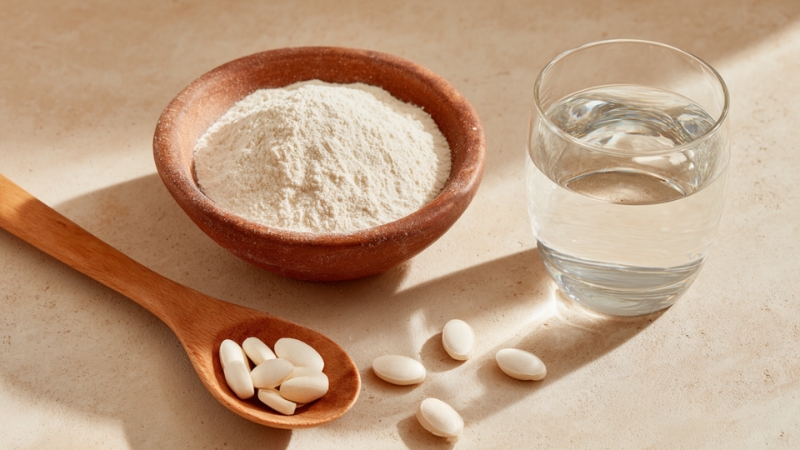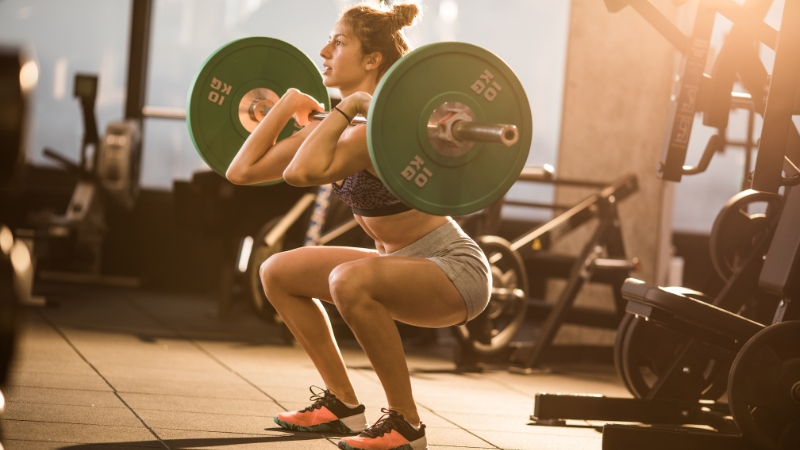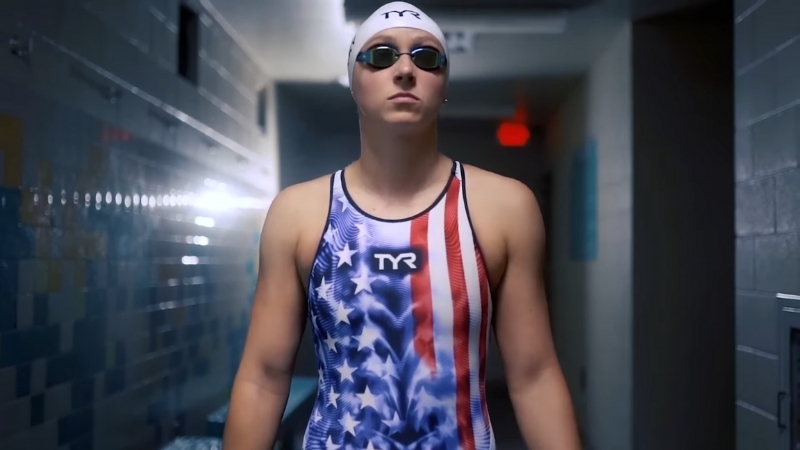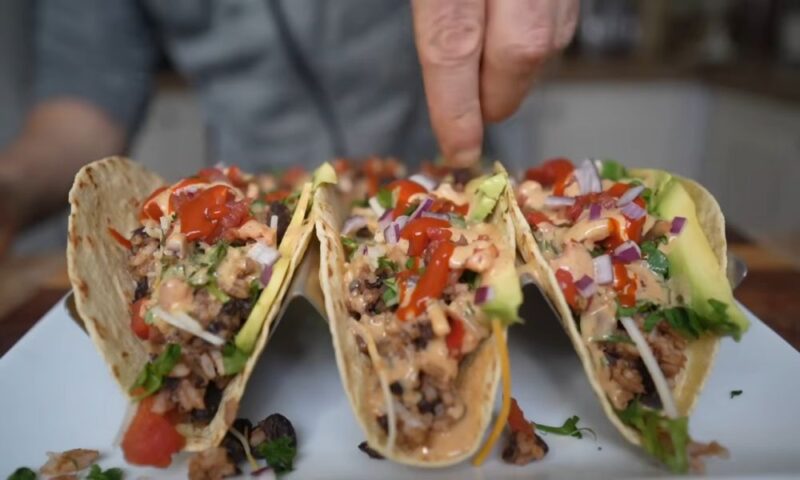
Share Post:
Vegan bodybuilding has gained significant traction among athletes seeking to align fitness goals with plant-based values.
Proper planning and nutrition are essential to ensure performance, muscle growth, and recovery are not compromised.
Many aspiring vegan bodybuilders face avoidable obstacles that can stall progress or lead to nutrient deficiencies.
Awareness of these common mistakes and having a strategy to prevent them can make the difference between consistent gains and frustrating plateaus.
1. Undereating – Especially During Bulking or Base Training

Many vegan bodybuilders struggle to consume enough calories to support muscle growth. Whole plant foods often contain high amounts of fiber and water, leading to early satiety without delivering the calorie density needed for intense training.
During base training or bulking phases, inadequate energy intake can hinder strength gains, slow recovery, and limit muscle development.
Demands from frequent resistance training combined with an active lifestyle can easily surpass what is expected.
Falling short creates an energy deficit that reduces muscle synthesis.
To address this, focus on increasing intake through calorie-dense, nutrient-rich foods. Examples include:
High-calorie smoothies and snacks spaced throughout the day can help maintain energy availability. Using a nutrition app or food log keeps intake consistent with goals.
Performance and training adaptations are more efficient when the body receives ample fuel, making calorie tracking an essential habit for plant-based athletes.
2. Inadequate Protein Intake (and Low Leucine Consumption)
Protein and leucine deficiencies are among the most frequent nutritional issues faced by vegan bodybuilders.
While a plant-based diet can deliver adequate protein with careful planning, the challenge lies in the differences in amino acid profiles and the overall bioavailability of plant proteins compared to animal sources.
Leucine, in particular, plays a direct role in stimulating muscle protein synthesis by activating the mTOR pathway, which drives muscle repair and growth.
Consuming insufficient amounts of leucine can blunt muscle-building signals, slow recovery, and limit overall strength gains, even when total calorie intake is sufficient.
Relying solely on general plant protein sources without attention to amino acid composition can lead to imbalances.
Many grains, legumes, and seeds have lower concentrations of leucine, making it critical to identify and include high-leucine foods daily.
Athletes who neglect this step often notice slower muscle gains and longer recovery times after intense sessions.
Bioavailability differences also mean that even if two foods contain the same protein content on paper, the body may absorb and utilize less of the amino acids from the plant-based option.
A well-structured protein strategy for vegan bodybuilders should include:
Mixing protein shakes after training offers a quick, effective way to reach daily goals without overloading the digestive system with excessive bulk.
Supplements such as branched-chain amino acids (BCAAs) or leucine powder, if desired, can further help bridge gaps, though whole food sources should remain the foundation.
3. Relying Too Heavily on Processed Vegan Foods
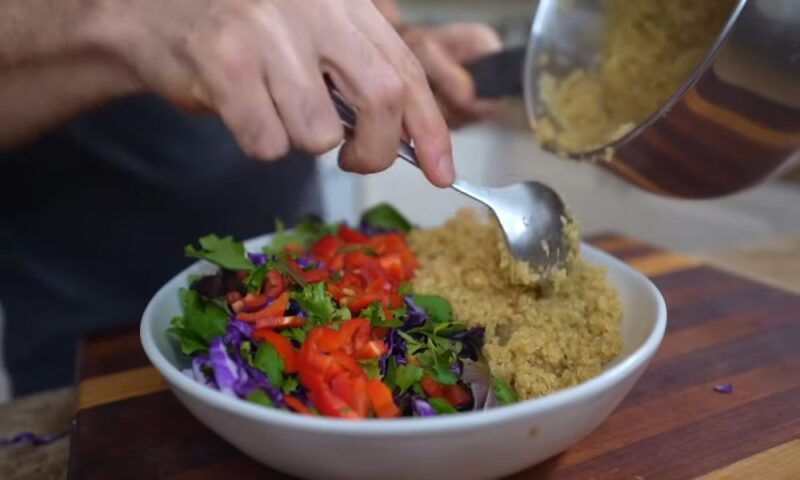
While convenient, processed vegan products like mock meats, vegan cheeses, and packaged snacks often lack the nutrient profile needed for optimal performance.
Many are high in sodium, preservatives, and refined oils, with limited vitamins, minerals, and fiber.
Overreliance on these products can lead to inflammation, nutrient deficiencies, and slower recovery.
A stronger nutritional base comes from whole foods such as:
These options provide steady energy, support lean muscle gain, and improve overall health.
Processed foods can still be used in moderation for travel or busy schedules, but should never replace the nutrient density of fresh, minimally processed options.
4. Skipping Post-Workout Nutrition
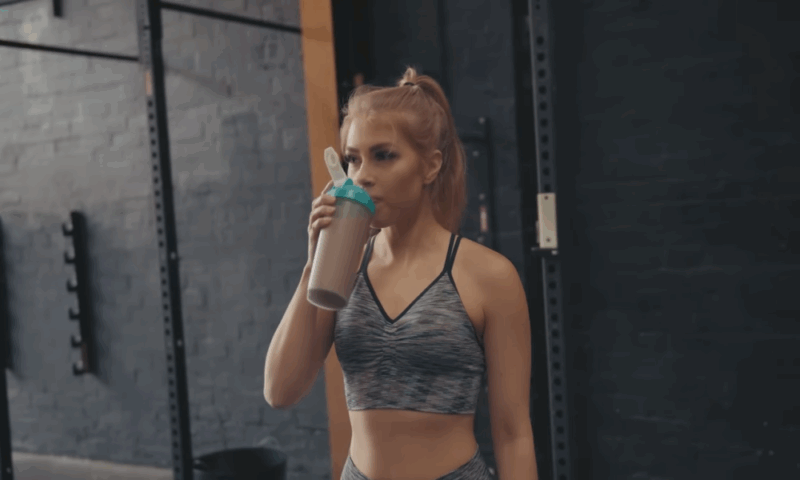
Post-workout nutrition plays a critical role in recovery.
After intense training, muscle glycogen levels drop and protein synthesis pathways are primed for repair.
Missing the refueling window can result in extended soreness, diminished performance in following sessions, and slower strength gains.
Aim to refuel within 60–90 minutes after workouts by combining protein and carbohydrates.
Suitable options include:
Prioritizing this window ensures the body recovers effectively, supporting consistent training frequency and intensity.
5. Failing to Supplement Properly

Some nutrients are challenging to obtain in sufficient amounts on a vegan diet without supplementation.
Deficiencies in key vitamins and minerals can result in fatigue, reduced muscle performance, slower recovery, and lowered immune function.
Vegan athletes should pay special attention to:
Regular blood tests can help identify issues before they impact performance.
Proper supplementation ensures the body functions optimally and can handle the demands of intense training.
6. Poor Meal Planning & Repetitive Diets
A repetitive diet limits nutritional variety, leading to amino acid imbalances, nutrient gaps, and boredom.
While routine can make meal prep simple, it can also reduce the range of vitamins, minerals, and antioxidants consumed.
An effective rotation could include:
A varied meal plan not only prevents deficiencies but also keeps training fuel interesting and satisfying.
7. Ignoring Intra-Workout Fueling and Hydration
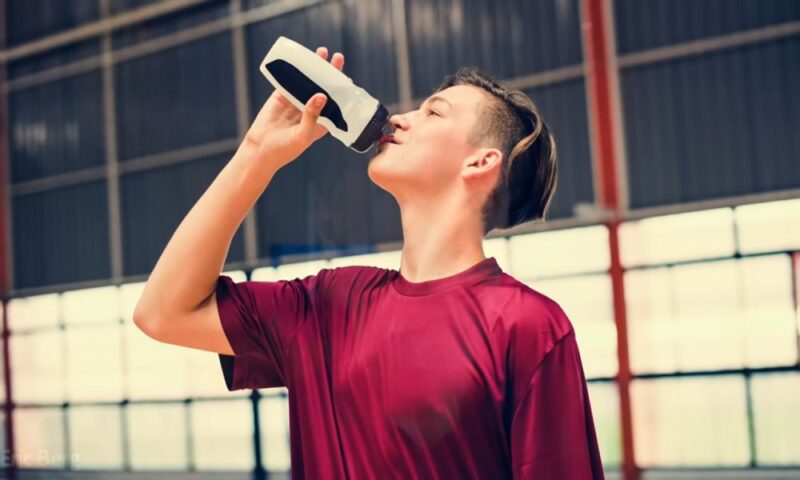
Long training sessions demand both energy replenishment and proper hydration to sustain performance.
Going too long without fuel can cause sudden fatigue, while inadequate hydration affects muscle contractions, focus, and endurance.
For optimal intra-workout support:
This approach reduces the risk of energy crashes and helps maintain steady workout performance.
8. Overestimating Veganism as a “Health Fix-All”
@thenewswithkamerajunior You can Build Muscle and Be Vegan?! Follow for More ❤️ #bodybuilding #vegan ♬ son original – The News with Kamera Junior
Adopting a vegan diet alone does not guarantee fitness gains, lean muscle, or improved health.
Without structured training, progressive overload, adequate rest, and recovery, progress will stall.
A complete approach includes:
A plant-based diet should be viewed as one component in a broader fitness strategy.
When combined with proper training and recovery, it supports consistent progress and long-term success.
The Bottom Line
View this post on Instagram
A post shared by Dani Taylor | Vegan Bodybuilding Coach (@veganproteins)
Avoiding these common mistakes helps ensure consistent progress and long-term success in vegan bodybuilding.
Regular evaluation of diet and training plans keeps progress aligned with goals, while professional input from a nutritionist can provide tailored solutions.
Vegan bodybuilding is entirely compatible with significant muscle gains, provided the strategy matches the ambition.
Related Posts:
- 10 Common Mistakes to Avoid When Working Out After 50
- 13 Common Mistakes People Make After Joining the Gym
- Top 5 Mistakes to Avoid When Performing Side Lunges
- Top 8 Mistakes New Gym Owners Make and How to Avoid Each One
- How to Handle Common Running Injuries? Preventative…
- Why Teeth Grinding Is Common Among People Who Do…



